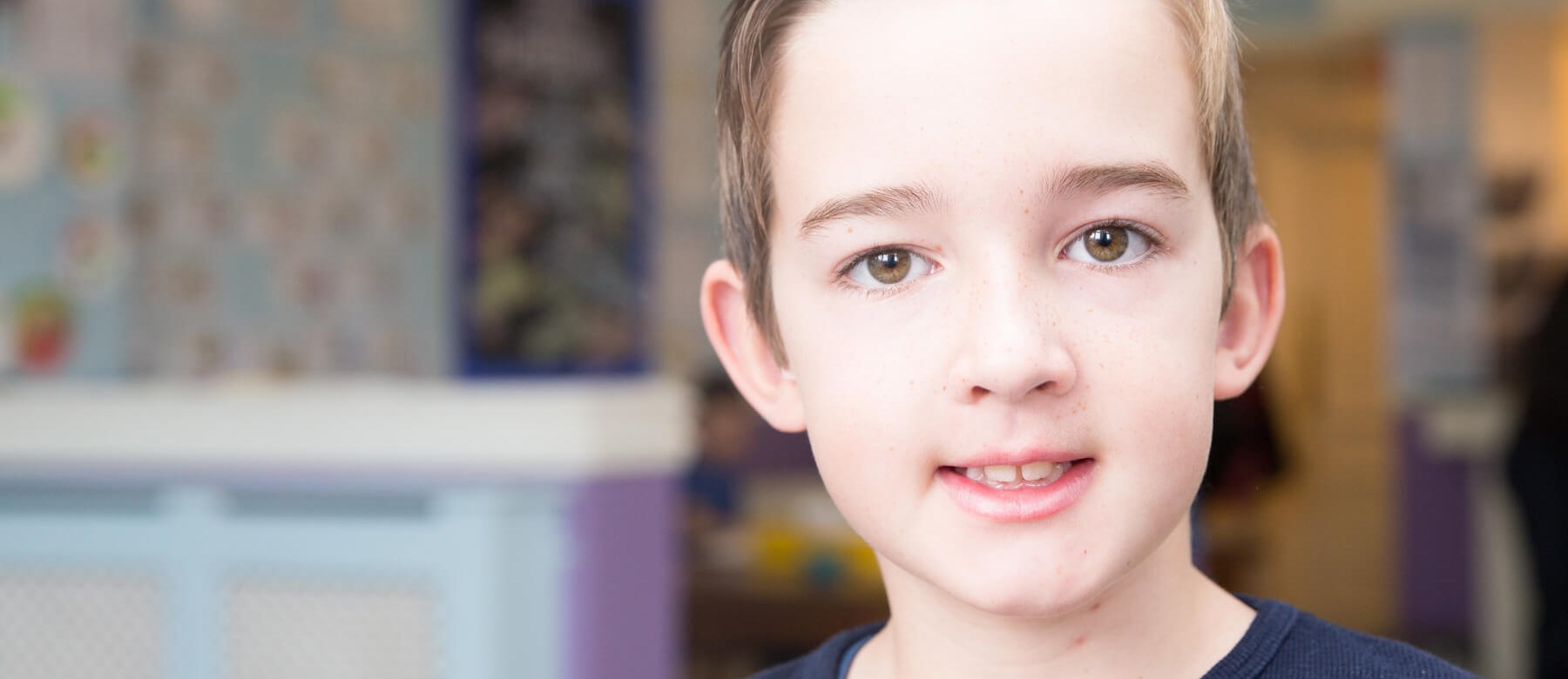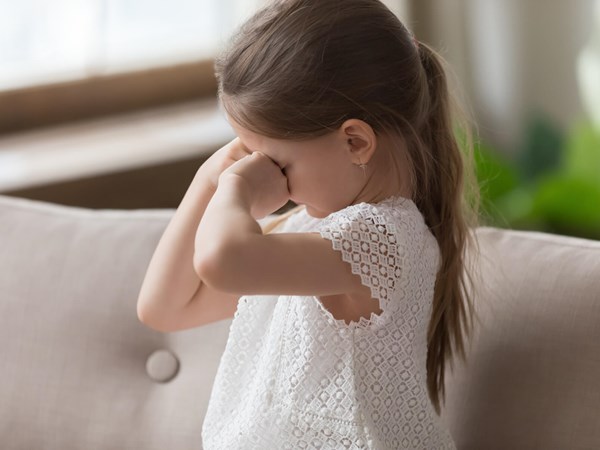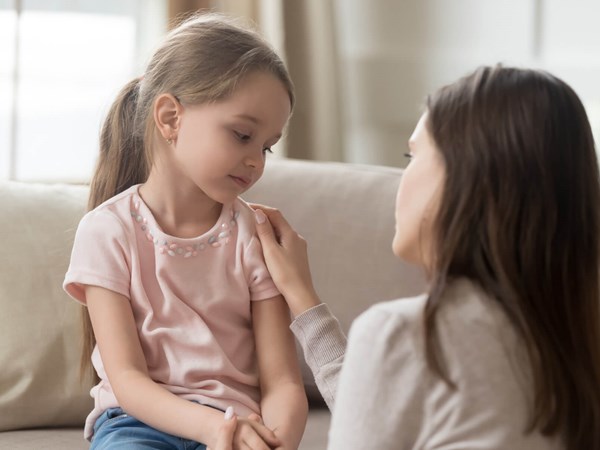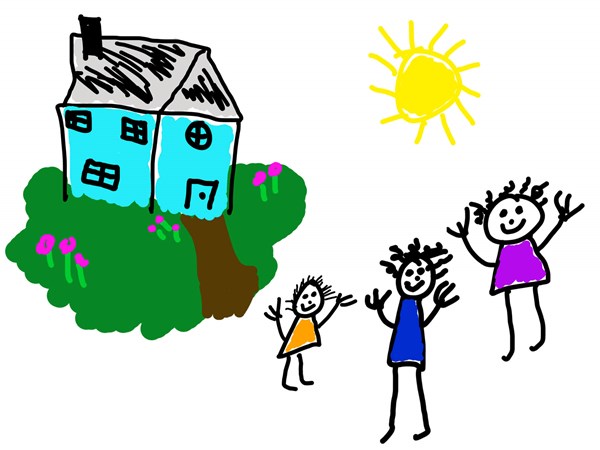
Case Studies
Practitioners in Hartlepool have found that helping parents improve their relationships helps improve children’s education, safety and physical and mental health. Read more to learn about how they helped make things better for children, and for the family.
Parent Support Advisor, Teesside

The child and their education
A teacher noticed that one of the children in their class seemed to have become very withdrawn and anxious.
The child has told her teacher that her Mam and Dad do not live together anymore and that they shout at each other when Dad comes to collect her and her sister. Contact with dad was breaking down. Mum and dad were unhappy. She blamed herself for how things were.
How to help…
A Parent Support Advisor (PSA) at a school had the skills, knowledge and was best place to get involved and make a difference for this withdrawn, anxious child. She did this by:
- Sharing the teacher’s observations and the child’s feelings with Mum, who she lived with, then Dad, separately
- Read “Mum and Dad Glue” by Kes Gray with the child. This broke the ice with the child and encouraged her to speak about how she felt the boy in the story felt and related it back to her own feelings.
- During another session together the child drew pictures of their family and talked about different types of family
- Another session involved drawing houses we like to visit


These planned sessions with the child gave the PSA a good understanding of the situation and how the child felt. At this point she spoke to both parents and invited them to come into school separately to discuss what had been shared.
“When it was shared with them what their child had shared during our sessions they were both visibly moved. They admitted that they had argued but had not realised that the children could hear”.
Both parents agreed that they would benefit from some mediation, which they then went on to access.
“They arranged set days and times for the children to see their Dad and Mam had arranged to meet Dad’s new partner with the children. Since then the children had been away on holiday them and had enjoyed visits to other family members. They admitted that it could still be difficult but felt that they had come a long way and were planning to continue moving forward for the children”.
This is a powerful example of how the voice of the child can be used to motivate a change in parent’s behaviour. Breaking up is really tough, and in the hurt and chaos that often goes with separation parents can sometimes miss the way it effects the children. School staff are often ideally placed to see the impact and to act.

The difference it made
The PSA observed:
“My final session with this pupil was very different to the ones which had had previously. We drew a picture showing what we did over the holidays and the child filled her page with a picture of going on holiday with Dad. She said that they had seen lots of animals and had been on really fast rides. She said that they all had lots of fun and everybody was happy. She said that she now knew which days she was going to see her Dad and said that her Mam and Dad weren’t angry with each other anymore. She appeared to very happy and said that she did not think that she needed to come to see me anymore”.
Katie, Family Support Worker, Hartlepool
As a result of attending How to Argue Better training Katie completed an intervention with a separated couple who were experiencing frequent conflict. The couple had limited support outside of each other and were struggling to agree on parenting styles as well as each not being able to understand the others emotional and mental health needs. Conversations between them would regularly escalate to arguments.
Katie used the OnePlusOne Brief Encounters Model, which is part of the How to Argue Better training materials, as well as using Relationship Insights and the Stop, Talk It Out, Work It Out model.
As a result of this work the parents have improved their relationship and reduced arguments by improving their communication with each other. This has positively impacted on the children who are experiences a more positive home environment with significantly less stress and conflict.
Feedback from Parent: “It’s helped us to understand each other better and think about what would be going through the kid’s heads when we were shouting and arguing. We talk to each other calmly now and manage to agree on things more to do with the kids.”
Fiona, Family Support Worker, Hartlepool
Fiona carried out some work with a family made up of Mum, Dad and two boys. The referral had originally come in as a request for support with the Son’s behaviour. Mum acknowledged that parenting was an issue and Dad worked away which impacted on the couple relationship and consequently on the children. The children witnessed Mum and Dad arguing and talking about ‘splitting up’.
Fiona completed work with the parents to help them understand the impact of their behaviour and to get them on the same page in regards to parenting styles. It was acknowledged that being able to do this would stop them from undermining each other, which had been a trigger for arguments. As a result of the work Fiona completed with the family the parents have developed more effective ways of resolving conflict. Relationships in the family have improved and the boys are no longer worried about Mum and Dad ‘splitting up’. Mum and Dad have developed an understanding of how their arguments can impact on their children.
Feedback from Mum: “We are managing so much better at home now. We are not arguing in front of the children now. I have stopped shouting at my oldest son and our relationship is improving every day.”
Amy, Family Support Worker, Hartlepool
In the last year Amy has been completing the Level 4 in Working with Children, Individuals and Families and has also completed the How To Argue Better training. The How To Argue Better training enabled Amy to take on a relationship focused intervention with one family in particular. Through the conversations the How To Argue Better tools generated Mum and Dad reflected on how they did things and came up with their own solutions to reducing their conflicts. Both Mum and Dad report they use the strategies they identified within this session and their relationship and overall situation has improved.
Feedback from Parent: ‘At the beginning we felt like we already knew a lot of it but when we looked at it again the next day we thought it would be helpful. We let each other have a little breather when we had a disagreement then went back to it and felt we could discuss it better. P has been trying to talk more and I have been getting less stressed if he is quiet because I know he isn’t doing it just to wind me up. We feel we understand more about each other.’

